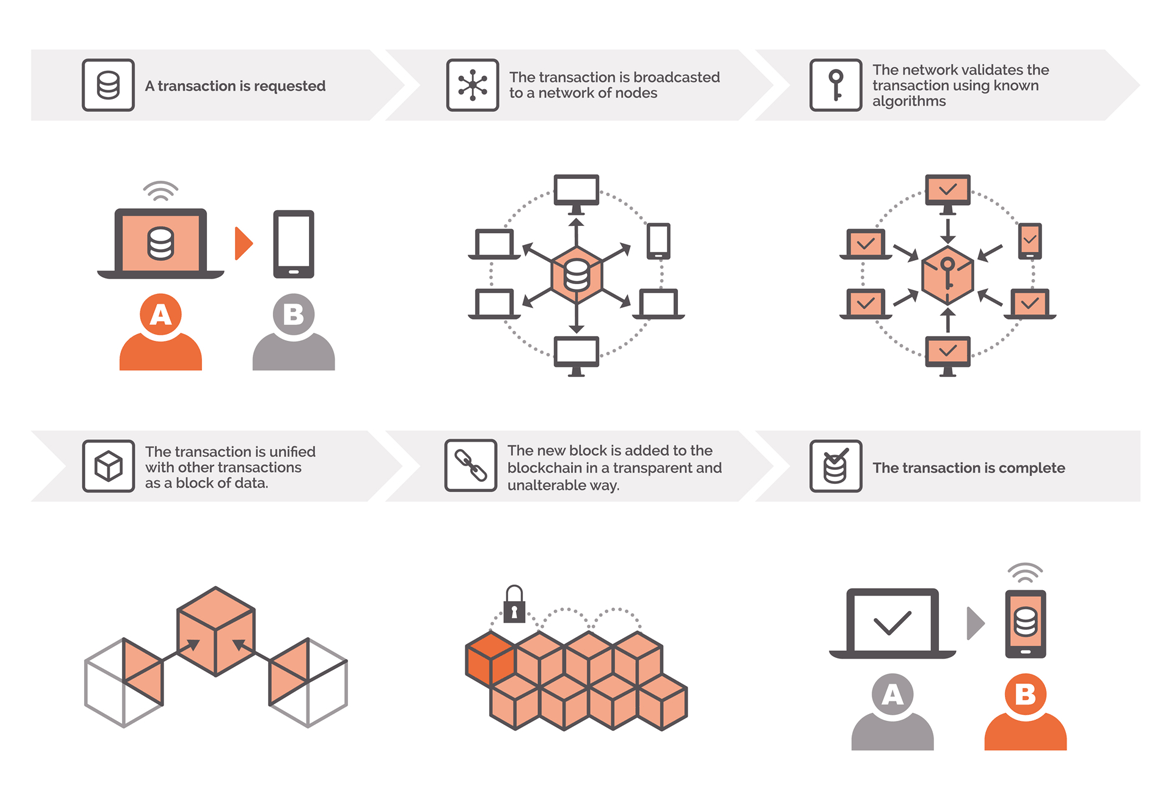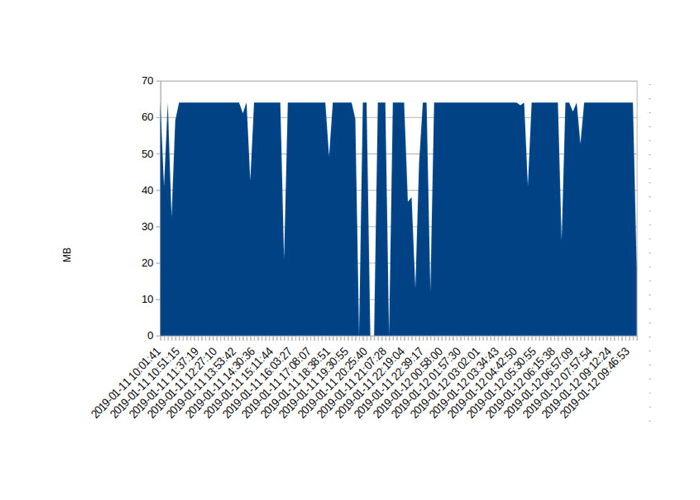
Looks like people want to put anything on a blockchain, including illegal contents for safekeeping.
Bitcoin software which runs on blockchain has one major problem since its inception: its inventor, Satoshi Nakamoto, put some of limits in place as means to bootstrap the project, resulting to the system being less capable to scale.
The 1MB block size limit, was imposed (in part) to reduce the threat of spam transactions.
This limitation, while originally meant for a good cause, has proven to be one major drawback for Bitcoin and its blockchain to scale.
Developers at Bitcoin SV wanted to increase the limit by modifying the protocol, increasing the amount of data accepted in transactions by 450 times.
This huge bump makes the BSV blockchain capable of storing images, video and audio.
Inadvertently, users started uploading child exploitation material to the blockchain, forcing apps and block explorers into actively monitoring the network for illegal content.

The illegal contents were first discovered on a website that displayed files "hosted" by the BSV network.
In later investigations, it was revealed that the contents were "uploaded" with a transaction processed by Money Button, a payment app specific to the BSV network.
“[The website] contacted us suspecting that Money Button may have been used to write the data, since Money Button is a very convenient/easy tool to write data to the [BSV] blockchain,” said a Bitcoin SV spokesperson.
“Sure enough – we checked our database and this criminal did in fact use Money Button.”
Unfortunately, blockchain in nature is immutable. What this means, the illegal contents would remain hosted inside the blockchain, unless it undergoes a hard fork to roll back the unwanted transactions.
“Almost certainly, whoever posted this was trying to prove a point about inserting something illegal into the blockchain, since that content can never be removed."
“It is not possible to delete things from the blockchain” the spokesperson confirmed.
As a workaround, the developers have made the block explorers to stop showing the data in those transaction. This essentially renders the illegal contents invisible to the general public.
There were several previous attempts to remove such Bitcoin limitations. But not only developers failed to remove them, in certain cases, they made the limitations even worse.
One of these limitations, is the length limit on an OP_RETURN function which doesn’t really do much in terms of calculation other than storing arbitrary data on the blockchain.
But in cases, like Bitcoin Cash that was created by forking Bitcoin, it was capable of increasing Satoshi's imposed 1MB limit to 8MB, and additionally to 32MB shortly after. Bigger blocks are thought to increase the efficiency of the network as usage ramps up.
Earlier, nChain’s Bitcoin SV developer, ‘Shadders’, posted a piece of his thought, explaining how he, other developers and miners, came together to agree to lift the function's limits to 100KB. This was done without any hardfork, and without any need to wait for the next release.
With miners simply agreeing on the limit, Bitcoin SV in raised its transactional data limit to another level. The move was heralded by its community as the removal of "another limitation to scale Bitcoin."

The team managed to sustain the new upper 64MB limit blocks over a full 24 hour period.
"That’s 270 transactions per second, sustained, continuously for a full 24 hour period. Our tests did this over a 24 hour period with no problem," said Bitcoin SV Lead Developer Daniel Connolly.
The team has even tested an upper limit that is capable of sustaining 128MB blocks.
Literally, the result is users benefiting an increased transactional limit. Bitcoin SV can store entire chunks of information in one transaction on its blockchain, capable of even storing an entire website, with all linking done via transaction IDs per page.
It is useful for a whole number of applications, and the limit, is anticipated to be lifted much higher than that in the future.
But apparently, the advantage does have a disadvantage, and that it deals with people's morale.
Money Button, which caused this, affirmed that the service can moderate its own content to prevent people from uploading illegal contents again. The team has also vowed to increase their efforts to censor them.
As a result of this issue, Bitcoin SV has another job to do: monitoring its network constantly in order to prevent this from happening again.